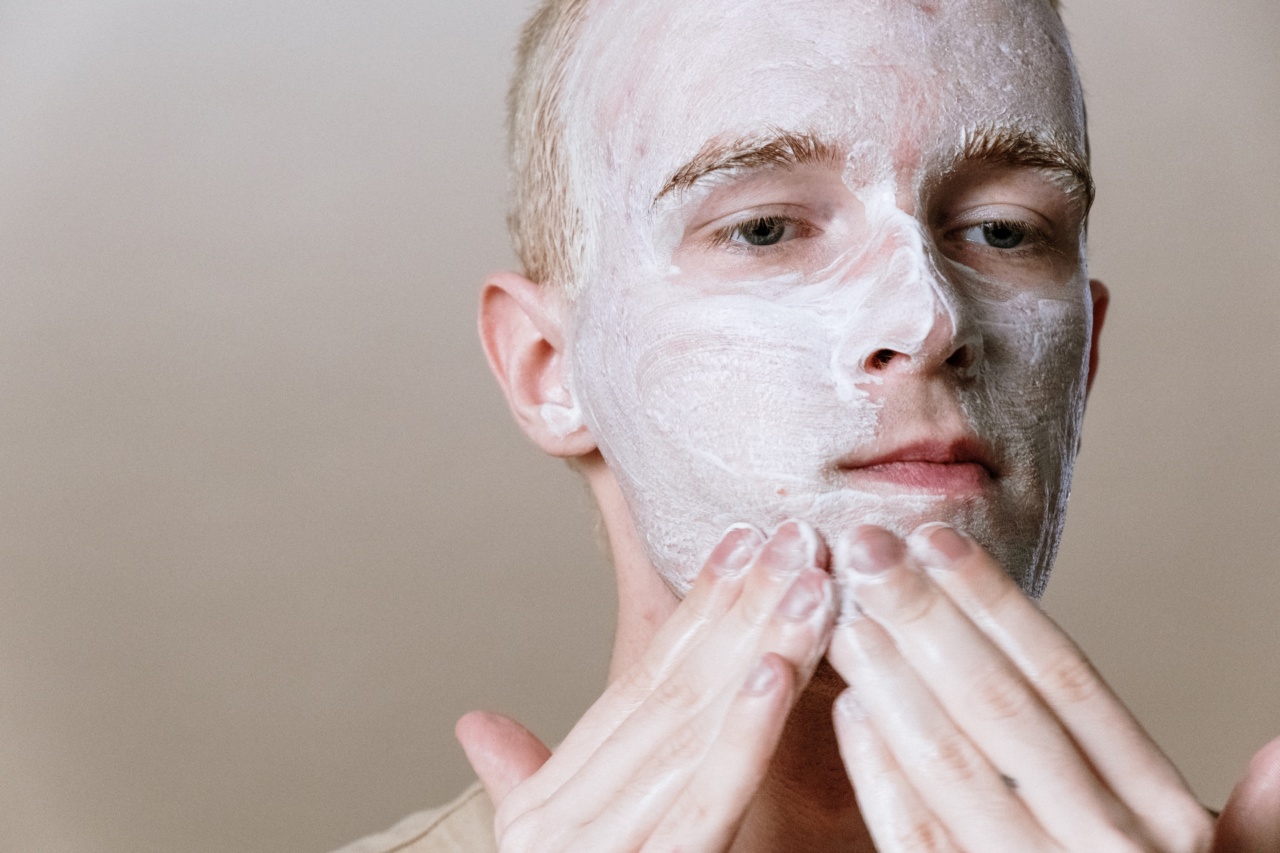Acne is a common skin condition that affects many people worldwide. It is characterized by the presence of pimples, blackheads, and whiteheads on the face, neck, chest, and back.
Acne can be caused by various factors, including hormones, genetics, and lifestyle. In this article, we will discuss the top 7 reasons behind facial acne.
1. Hormonal changes
One of the primary causes of facial acne is hormonal changes. During puberty, the body undergoes significant hormonal changes that can result in the overproduction of oil.
This makes the skin more susceptible to clogging and bacteria growth, leading to acne formation.
Hormonal changes can also occur during menstruation, pregnancy, and menopause, leading to acne flare-ups. Hormonal acne is usually concentrated around the chin and jawline and can be severe in some cases.
2. Genetics
Genetics also plays a significant role in the development of acne. If your parents or siblings have a history of acne, you are more likely to develop it too.
This is because certain genes can make your skin more sensitive to hormonal changes and bacterial growth, increasing the risk of acne formation.
3. Poor skincare habits
Poor skincare habits can also contribute to facial acne. When you don’t wash your face regularly or use harsh products, the oil and dirt on your skin can accumulate and clog your pores, leading to acne formation.
Over-washing your face can also strip your skin of its natural oils, causing it to produce more oil and leading to acne.
4. Diet
Your diet can also affect your skin health. Consuming a diet high in sugar, processed foods, and dairy products can contribute to acne formation.
These foods can trigger inflammation, hormonal changes, and insulin resistance, all of which can lead to acne flare-ups.
Eating a balanced diet rich in fruits, vegetables, and whole grains, on the other hand, can improve your skin health and reduce the risk of acne formation.
5. Stress
Stress can also contribute to the development of facial acne. When you’re stressed, your body produces more cortisol, a hormone that stimulates oil production and can lead to clogged pores and acne.
Stress can also weaken your immune system, making it harder for your body to fight off acne-causing bacteria.
6. Medications
Certain medications can also cause facial acne. Some medications, such as birth control pills, can disrupt your hormone levels and lead to acne formation. Other medications, such as corticosteroids and lithium, can also contribute to acne flare-ups.
7. Environmental factors
Environmental factors, such as pollution and humidity, can also contribute to facial acne. Pollution can clog your pores and lead to acne formation, while high humidity can stimulate oil production and increase the likelihood of clogged pores and acne.
Conclusion
Facial acne is a common skin condition that can be caused by various factors. Hormonal changes, genetics, poor skincare habits, diet, stress, medications, and environmental factors can all contribute to acne formation.
By understanding these causes, you can take steps to prevent acne and keep your skin healthy.





























